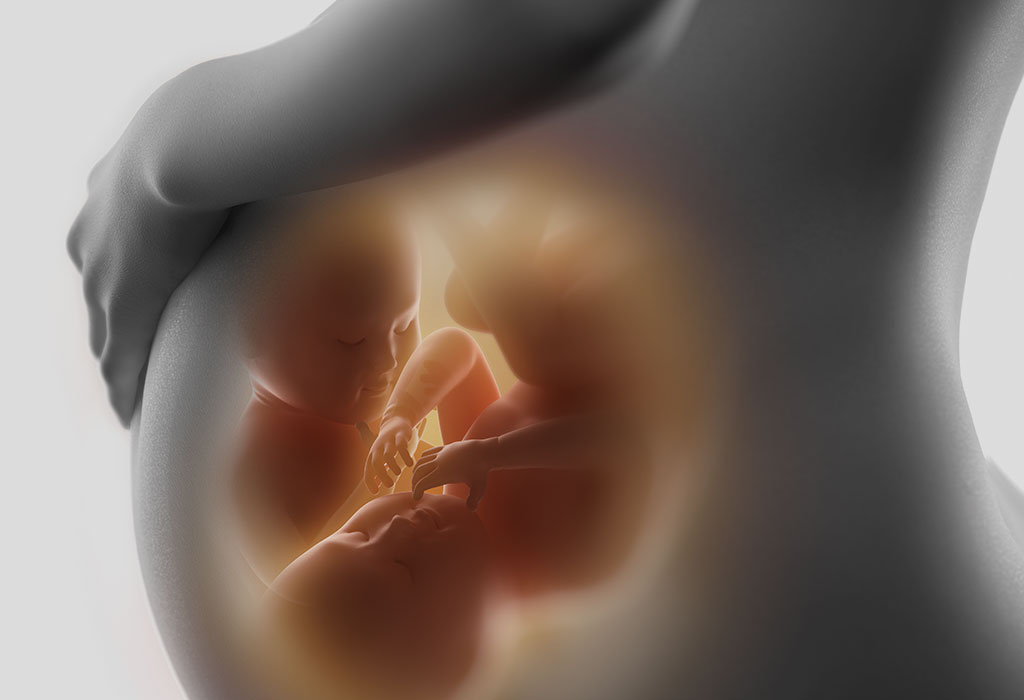 Source: bing.com
Source: bing.comPregnancy is a miraculous process. It’s incredible to think that a tiny human being can grow inside a mother’s womb for nine months and come out fully formed and ready to face the world. But how long does it take for a baby to develop in the womb? In this article, we’ll explore the different stages of fetal development and answer some frequently asked questions about pregnancy.
Table of Contents
First Trimester
The first trimester of pregnancy is the most critical stage of fetal development. During this time, your baby will go from being a tiny cluster of cells to a fully formed fetus. The first trimester lasts from week one to week 12 of pregnancy.
In the first few weeks of pregnancy, the fertilized egg will travel down the fallopian tube and implant itself in the lining of the uterus. From there, it will begin to grow and divide rapidly. By week four, the embryo will be about the size of a poppy seed. By week eight, it will have grown to about the size of a kidney bean.
During the first trimester, your baby’s major organs and body systems will begin to form. The heart, brain, and spinal cord will develop, as well as the digestive and respiratory systems. By the end of the first trimester, your baby will have fingers, toes, and a face that is starting to look more human-like.
Second Trimester
The second trimester of pregnancy is often referred to as the “honeymoon” phase. This is the time when many women begin to feel better and enjoy their pregnancy more. The second trimester lasts from week 13 to week 28 of pregnancy.
During the second trimester, your baby will continue to grow and develop. By week 16, your baby will be about the size of an avocado. By week 20, you’ll be able to feel your baby’s movements for the first time. By week 24, your baby will have developed eyebrows, eyelashes, and a full head of hair.
During the second trimester, your baby’s senses will start to develop. They’ll be able to see light and hear sounds, including your voice. By the end of the second trimester, your baby will be about 14 inches long and weigh about two pounds.
Third Trimester
The third trimester of pregnancy is the final stretch before your baby is born. It lasts from week 29 to week 40 of pregnancy.
During the third trimester, your baby will continue to grow and develop. They’ll put on more weight and their organs will continue to mature. By week 32, your baby will be about the size of a squash. By week 36, they’ll be about the size of a watermelon.
As your due date approaches, your baby will begin to prepare for birth. They’ll move into the head-down position and drop lower into your pelvis. By the end of the third trimester, your baby will be fully formed and ready to be born.
Frequently Asked Questions
Q: How long does a baby stay in the womb?
A: A baby stays in the womb for approximately 40 weeks or nine months.
Q: When can you feel a baby move?
A: Most women feel their baby’s movements for the first time between 16 and 22 weeks of pregnancy.
Q: When is a baby’s gender determined?
A: A baby’s gender is determined at conception, but it can usually be seen on an ultrasound around 18-20 weeks of pregnancy.
Q: How much weight should you gain during pregnancy?
A: The amount of weight you should gain during pregnancy depends on your pre-pregnancy weight. On average, most women should gain between 25-35 pounds.
Q: What should you do if you’re overdue?
A: If you’re overdue, your doctor may recommend inducing labor. However, many women go into labor on their own within a week or two of their due date.
In conclusion, pregnancy is an amazing journey that results in the birth of a beautiful new life. Understanding the different stages of fetal development can help you appreciate the miracle of pregnancy even more.
